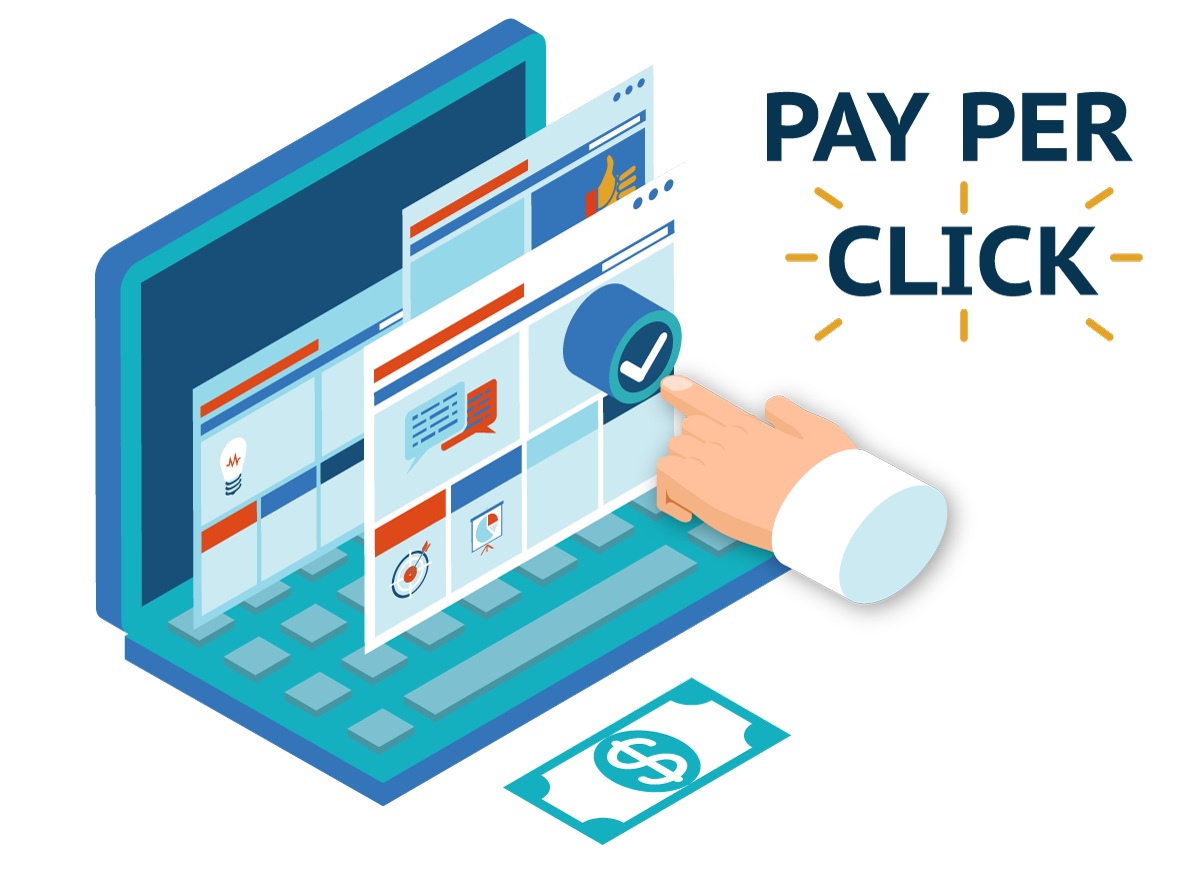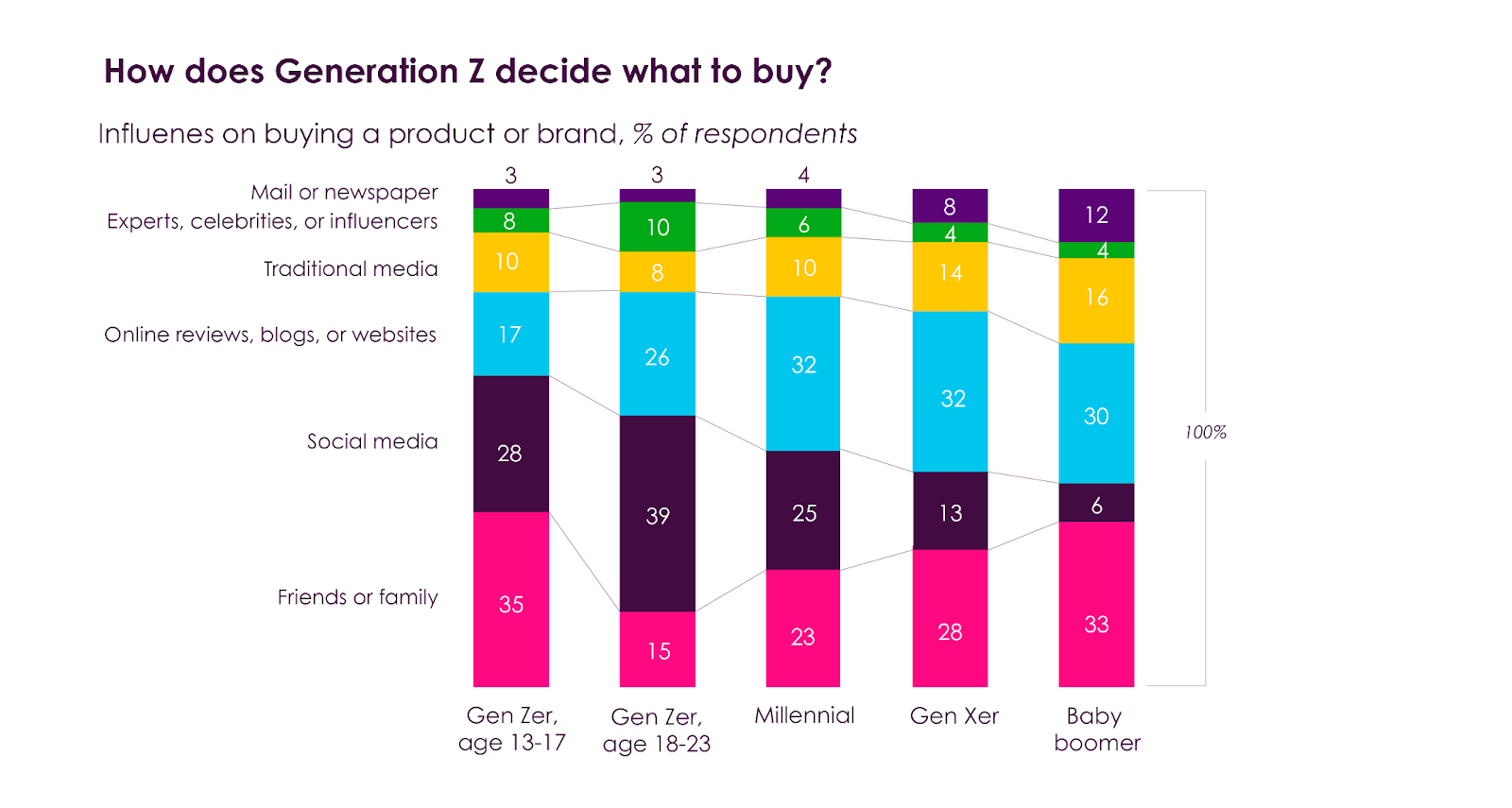Did you know that nearly 30% of people who see a display ad go online to search for that business?
That’s the power of Pay-Per-Click Advertising!
Even when it doesn’t help you secure an instant conversion, it still helps you build brand equity and awareness.
But as of 2025, the world of PPC isn’t what it used to be…and the primary reason is the rise of AI! From ad content to the bidding process, artificial intelligence has transformed every aspect of PPC marketing.
So, how exactly can you harness the power of AI to revolutionize your approach to PPC marketing? What are the best ways to use AI to boost PPC marketing ROI?
In this blog, we’re going to discuss six different ways in which you can leverage AI to improve your PPC marketing performance.
From A/Z testing copies to simplifying keyword research, we will explore how AI can help you deliver PPC revenue like never before!
Let’s dive in…
How to Use AI in PPC Marketing: Table of Contents:
- What are the latest trends in PPC marketing?
- How to use AI in PPC marketing?
- Supercharge Your PPC Marketing with AI and Lean Summits
- How to use AI in PPC marketing: FAQs
What Are the Latest Trends in PPC Marketing?
Before we explore how to use the transformative power of AI to boost PPC marketing, let’s take a brief look at the state of PPC marketing in 2025:
1. The Average PPC Marketing ROI
As of 2025, PPC ads are boasting an average ROI of 200%. Simply put, for every $1 you put into PPC ads, you’re likely to get back at least $2.
From what I’ve seen, Meta (FKA Facebook) and Google offer the highest ROI on PPC ads.
So, if you’re creating a PPC strategy today, you can’t afford to ignore Facebook or Google!
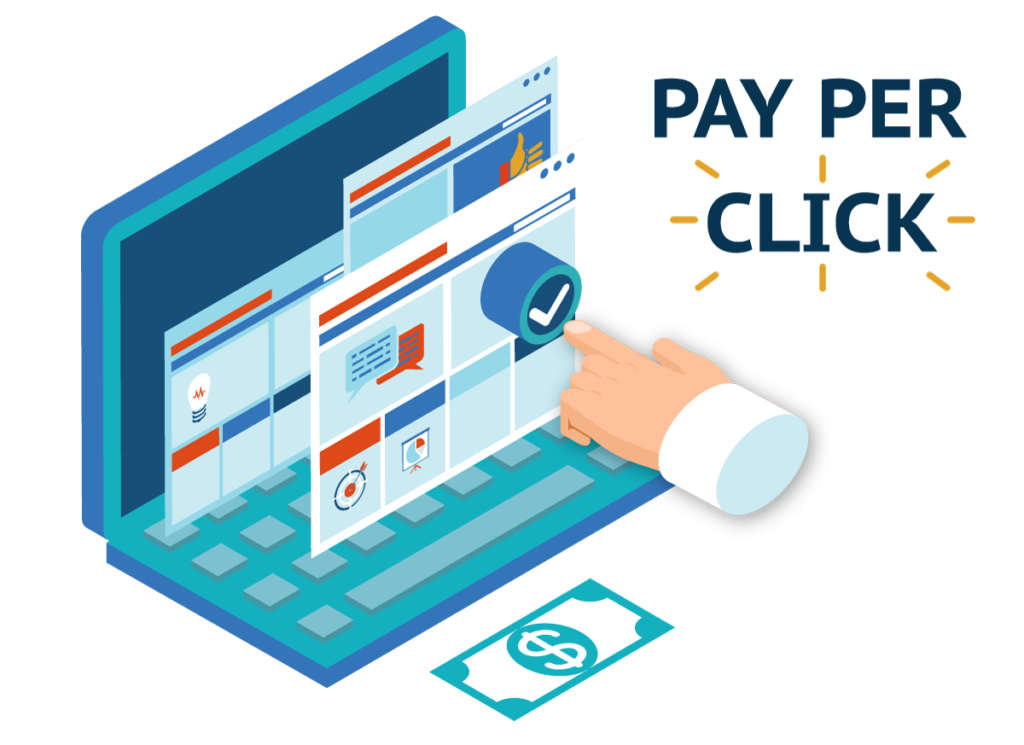
2. Automation in PPC
The rise of AI has a distinct impact on PPC marketing. This is because it has simplified and accelerated the process of ad placement, content creation, and A/B testing.
Here are some of the ways in which automation can strengthen PPC strategies:
- Smart Customer Clustering: By harnessing the power of machine learning, AI can create clusters of users that have similar interests and preferences. This means PPC ads will get more efficient as ML algorithms churn more and more data.
- Faster Analytics: One of the biggest benefits of automation to PPC is in the field of analytics. While earlier, we had to rely on Google or Facebook ad centers to assess the performance of PPC ads, we can now use AI tools.
- Automated Bidding: With smart AI platforms, we now have the ability to automate the bidding process for PPC ads. This means you can set up “if/then” protocols and ensure that you get the best possible deal on ad space.
3. Bing Is On The Rise
In my opinion, 2025 will be the year that Bing will make its long-awaited comeback. With Google already ruled a monopoly and customers looking for a privacy-compliant browser, more and more users are turning to alternative browsers.
This will naturally increase Bing’s organic traffic and, therefore, the value and ROI of Bing ads. So, if you’re looking for a sure bet to diversify your ad portfolio, Bing might be your best option!
4. Video Ads Are Highly Effective
The last 10 years have marked the rise of video-sharing platforms like TikTok and Instagram. On top of this, YouTube has witnessed a massive resurgence, especially because it is looking to supercharge its revenue model.
And this has had a huge impact on the nature of the ads we see and show.
From what I’ve seen, video content has already gone mainstream. In fact, over 90% of organizations are either using or planning to use video content for marketing.
I also think that video ads have another advantage over text ads. Think of it this way: if you’re showing a text + image ad on Facebook or Google, there’s a high chance you can never reuse that content.
But this doesn’t apply to video ads: the same ad that you upload on YouTube, you can also deploy as a video ad!
For this reason, I think that video content is one of the best tactics in PPC marketing.
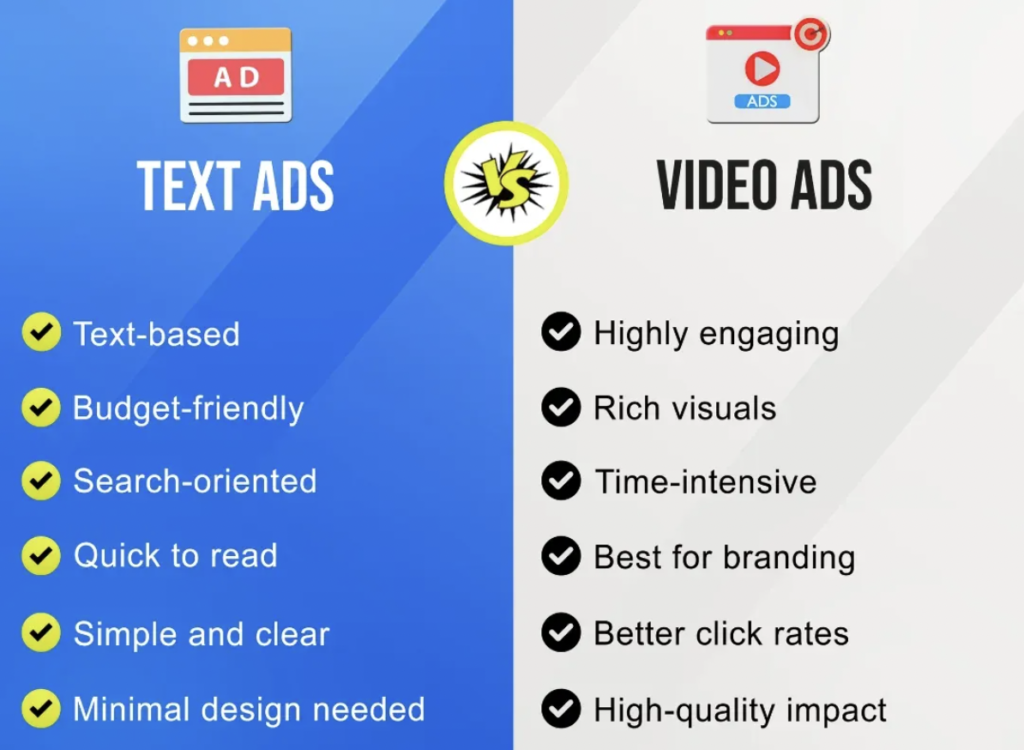
5. LinkedIn Has Pivoted to Being a Corporate Social Media
If you’ve been an active or even a passive LinkedIn user in the past, you must have noticed a marked change in its appearance over the last few years.
No longer is LinkedIn a boring, text-centric B2B workspace.
As of today, it allows you to share photo stories, post videos, and make connections through the largest corporate social network in the world. With the new and improved LinkedIn, professionals and executives can now share their skills, requirements, and growth journeys in increasingly creative ways.
In short, LinkedIn is now a great place where you can show several kinds of PPC ads!
6. You Can’t Afford to Miss Out On Influencer PPC Ads
The last trend that I’ve noticed in contemporary PPC is the rise of influencer ads. In my opinion, they’re far outpacing celebrity endorsements and PPC ads associated with them.
This isn’t surprising: after all, the next generation of buyers, Gen Z, relies heavily on influencers for making buying decisions.
So, if you’re looking to build a robust PPC strategy, I suggest working with nano and micro-influencers. Not only do they have a limited but loyal following, but they can even help you get more clicks on your PPC ads.
How to Use AI in PPC Marketing?
Okay, now that we’ve explored where and how PPC marketing stands in 2025, let’s find out how you can harness the power of AI to increase the ROI of PPC campaigns:
1. Keyword Research
Keywords are bridges that connect us with our audience. They’re also the anchor texts that tie us to a specific market segment and reveal their pain points.
In my experience, AI is one of the best tools through which you can conduct comprehensive keyword research.
Here’s an example of a prompt that can help you find the best keywords that fit your market and audience:
“Generate a list of 20 keywords for a Facebook ad campaign based on the following criteria:
- Name of the product
- Name of the seller/company
- Target audience
- Target Region
Please list the keywords in two sections, one for short-tail keywords and one for long-tail keywords.”
In my opinion, free SEO research tools like SEO.AI and Junia.AI can be a huge improvement on Google’s Keyword Planner tool.
I also believe that AI tools offer another crucial benefit compared to Google’s Keyword Planner Tool: you can easily generate and separate keywords based on your target location.
2. AI-Generated PPC Content
Just five years ago, if you were trying to create a comprehensive PPC campaign, you would have needed an army of copywriters for creative input.
But with AI, all you need is a good tool and a small team of experienced copywriters with a keen eye for creativity.
The reason is simple: generative AI tools can generate ad copies and descriptions at an unparalleled speed. In fact, some marketers have openly admitted that AI can create 50 copies in the time it takes a person to create even 5 pieces of PPC ads.
Now, generating huge quantities of PPC content is one thing, but creating quality content is quite another. Thankfully, AI has made rapid progress in understanding consumer behavior through machine learning algorithms.
This means that AI can not only create copies efficiently but it can also adjust the tone, structure, and message of the copy to suit the target audience.
So, whether you’re selling cars in New York or shipping services in California, AI can generate contextually appropriate ad content depending on the prompts you specify.
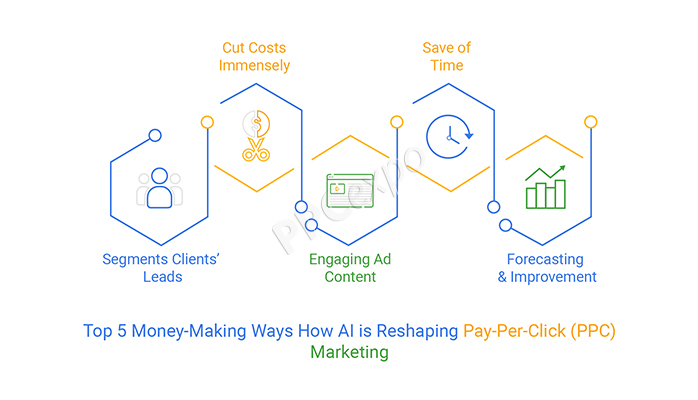
3. Smart Bidding
In my opinion, AI-driven smart bidding has made the biggest difference to PPC marketing, especially in terms of the financial planning that goes into it.
So, if you dread the process of placing individual bids on specific keywords at a particular time of the day, smart bidding might be your perfect solution!
Here’s how it works:
Google has started using auction-time bidding processes to invite bids for specific pages, keywords, and times of the day/week.
This means you can place bids for PPC ads through three different strategies:
- Cost Per Acquisition: Under this strategy, you get to determine a CPA that you want to target. Your bids will only be placed if the CPA matches your requirements.
- Return on Ad Spend: Through this tactic, you can specify the ROI you want to target for your PPC ads. Again, your bids will only be placed if the estimated ROAS meets your specified criteria.
- Cost Per Click: This is the strategy for you if you want to maximize the number of conversions for every click. Google will only place bids on your behalf if the CPA estimates meet your expectations.
In all three cases, Google will use ML algorithms to churn huge historical Google ads data to create estimates.
One thing that stands out to me in smart bidding is that you don’t even need to use an AI tool to use it. Google has absorbed that function, meaning you only have to determine your preferences, and AI will take care of the rest.
4. A/Z Testing and Experimentation
What used to be A/B testing became A/Z testing: a quantitative change in testing different copies that has led us to a shift in the quality of ads.
In my experience, A/Z testing is one of the most exciting innovations, especially for marketers. It has opened up completely new horizons for creative copies because we can test an unparalleled amount of copies depending on our product, target audience, and even competition’s copies.
Here are just some of the benefits you can get from utilizing AI to A/Z testing:
- Real-time feedback based on existing customer data
- Smaller feedback loops and minimal manual market research
- No limit on the number of copies you can generate and test
So, if you’re looking to strengthen and accelerate your PPC operations, I highly recommend that you use AI tools to A/Z test your copies.
5. Analytics and Reporting
Successful PPC campaigns require robust analytics and reporting processes. Unless you know where you’re losing money or getting maximum conversions, you can’t improve your PPC strategy.
That’s where AI comes in!
While earlier we had to look at graphs and try to deduce whether an upward curving line meant positive or negative signs for our ads, now we can get sharp, comprehensive AI reports with a clear message.
And not just that, you can also compare your PPC campaign with that of your competitors! In short, you get a clear and precise picture of your opponent’s PPC strategy without violating any laws or regulations!
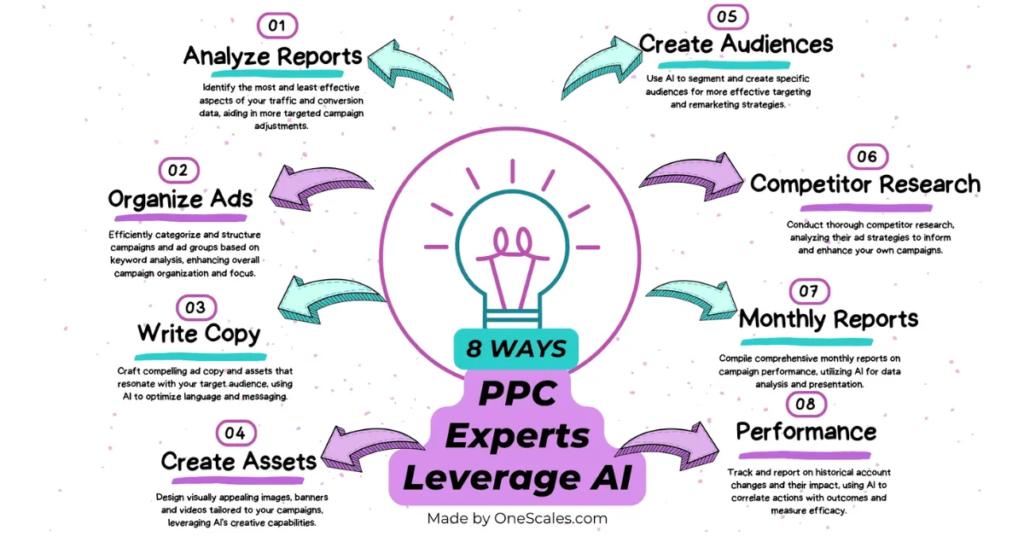
6. AI Recommendations
Once we’ve analyzed our existing PPC campaign, the next step is to make improvements based on the outcomes. This means retaining what is working and fixing what’s not.
Here, as well, I believe that AI holds great promise in delivering periodic, clear and concise reports on how to improve PPC strategies.
While a lot of this depends on the kind of data you have to feed it, once it has the necessary numbers and information, AI can give insightful recommendations on how to make PPC operations more efficient.
And the best part is that they’re not binding pronouncements: they can act as a starting point, an idea board. Based on the results, you can choose to reject, react, or accept AI’s suggestions to create better, smarter, and more profitable PPC campaigns.
Supercharge Your PPC Marketing with AI… and Lean Summits
Artificial intelligence has completely changed the way PPC marketing works.
By sharpening keyword research, automating the bidding process, and massively improving our A/Z testing capabilities, it’s set to disrupt the PPC market even further.
One thing, however, is clear: if you can’t adapt to the age of AI, your competitors will leave you behind. On the other hand, if you take a smart approach of switching to AI-backed PPC campaigns, you’ll gain a comprehensive advantage for years to come.
But I know what you’re thinking: how exactly can you quickly adapt to the new way of PPC marketing without compromising existing marketing efforts and PPC campaigns?
In my experience, all you need is a veteran growth marketing partner who understands the nuances of PPC marketing and can help you pivot to AI-powered PPC ads for long-term growth.
And that’s where we come in!
As an experienced growth marketing agency, we excel at quickly adapting to the ever-changing PPC marketing landscape. We’ve had considerable success in switching to omnichannel AI-driven PPC marketing campaigns for a variety of enterprises across diverse industries.
And that’s how we can help you, too!
Connect with us for a commitment-free consultation to discover how you can supercharge your PPC marketing and reach the summit of your industry!
How to use AI in PPC marketing: FAQs
1. Does Google Ads have its own AI for PPC marketing?
Yes, Google Ads has its own AI for PPC marketing. The best way to use it is to prompt it to create a list of keywords to help you place ads for your product. You can also use Google’s Auction-Time Bidding process to optimize your ad spend and return on ad spend.
2. What tools does AI use for PPC marketing?
The two most widely used AI processes for PPC marketing are machine learning and generative AI. Machine learning algorithms analyze large data sets of historical PPC ads to understand the patterns of what has worked and predict the best way to show ads in the future. Generative AI, on the other hand, offers us an easy mechanism for creating media and copies for PPC ads.
3. What is the best way to use AI for PPC marketing?
In my opinion, there are six best ways to use AI for PPC marketing:
- Keyword research based on your product/service, target audience, and target location.
- Content creation for copies and media to be used in PPC ads.
- Smart bidding to ensure optimal PPC ad placement and performance.
- A/Z testing and experimenting with the content of PPC Ads.
- Analyzing your competitor’s PPC campaigns and assessing your PPC campaigns’ historical performance
- Getting recommendations on how to improve your PPC campaigns based on specific parameters, like your product/service, campaign target, and target location.

